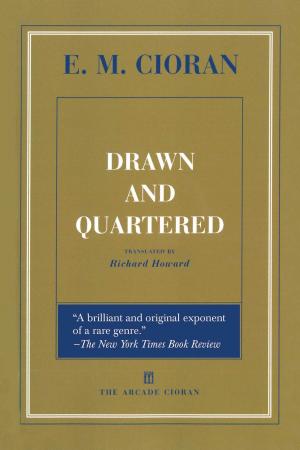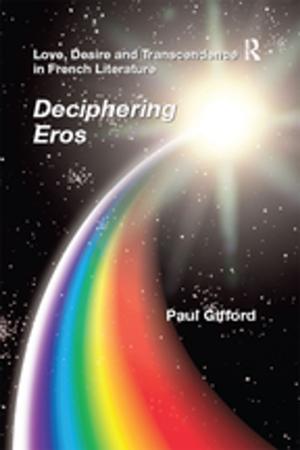Fact to Fiction: A New Perspective on Adapting Biblical Narrative in Art
Nonfiction, Art & Architecture, General Art, Art History, Religious, Criticism| Author: | Jedediah Ostoich | ISBN: | 9781311303042 |
| Publisher: | Jedediah Ostoich | Publication: | May 20, 2014 |
| Imprint: | Smashwords Edition | Language: | English |
| Author: | Jedediah Ostoich |
| ISBN: | 9781311303042 |
| Publisher: | Jedediah Ostoich |
| Publication: | May 20, 2014 |
| Imprint: | Smashwords Edition |
| Language: | English |
Everyone is a literary critic. Whether we read the news in the morning, or peruse the fiction section of Amazon for a new novel to consume, every time we read we have certain goals in mind. With news sources, our goal is rather obvious—what does the article say, and what are its implications? The authors of news reports do their best to present their stories clearly and make conclusions obvious. When reading a novel, however, the message of the author hides behind complex plotlines and relatable characters. It takes longer—and often more thought—to determine just what the author was getting at in his or her book. Ultimately, every one of us arrives at a conclusion regarding a story’s message, which is precisely why two people who normally get along can have a heated debate over coffee on whether or not the most recent movie is worthy of its hardback ancestor. So how does an artist retell the greatest story ever told without earning the ire of everyday critics? In his short book, Jedediah Ostoich attempts to navigate the treacherous ground of adapting biblical narrative into the mediums of the novel, cinema, and stage. By establishing some basic guiding principles for interpreting—and then adapting—a text, Ostoich offers a new route from Bible to big screen. Invariably, any adaptation of biblical narrative meets great criticism from many fronts. Ostoich proposes a way in which contemporary artists may accurately and artistically adapt the text of Scripture into formats such as novels or screenplays. He argues that any faithful adaptation must first begin with an accurate understanding of the text, and demonstrates methods that can be universally applied to any biblical narrative. The framework Ostoich proposes here will offer a consistent, exegetical foundation upon which to do justice to the biblical texts in adaptation without stifling the artist’s creativity. And hopefully survive the coffee-shop critiques.
Everyone is a literary critic. Whether we read the news in the morning, or peruse the fiction section of Amazon for a new novel to consume, every time we read we have certain goals in mind. With news sources, our goal is rather obvious—what does the article say, and what are its implications? The authors of news reports do their best to present their stories clearly and make conclusions obvious. When reading a novel, however, the message of the author hides behind complex plotlines and relatable characters. It takes longer—and often more thought—to determine just what the author was getting at in his or her book. Ultimately, every one of us arrives at a conclusion regarding a story’s message, which is precisely why two people who normally get along can have a heated debate over coffee on whether or not the most recent movie is worthy of its hardback ancestor. So how does an artist retell the greatest story ever told without earning the ire of everyday critics? In his short book, Jedediah Ostoich attempts to navigate the treacherous ground of adapting biblical narrative into the mediums of the novel, cinema, and stage. By establishing some basic guiding principles for interpreting—and then adapting—a text, Ostoich offers a new route from Bible to big screen. Invariably, any adaptation of biblical narrative meets great criticism from many fronts. Ostoich proposes a way in which contemporary artists may accurately and artistically adapt the text of Scripture into formats such as novels or screenplays. He argues that any faithful adaptation must first begin with an accurate understanding of the text, and demonstrates methods that can be universally applied to any biblical narrative. The framework Ostoich proposes here will offer a consistent, exegetical foundation upon which to do justice to the biblical texts in adaptation without stifling the artist’s creativity. And hopefully survive the coffee-shop critiques.















